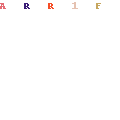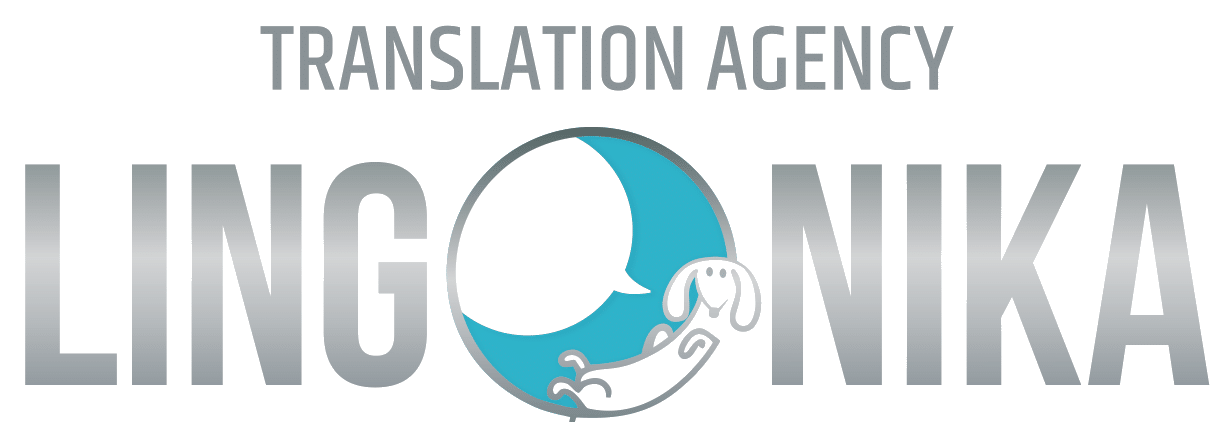Anywhere your business publishes the written word is a reflection of your professionalism, your attention to detail and the quality of your work. This is irrespective of your industry, your geography and the size of your business.

This principle applies at all times, though especially when the content in question has been translated. Text that is clumsily or inaccurately translated loses its gravitas in an instant.
Accuracy is paramount of course, but the nuances of the language are what separates the good from the great, which is where specialist translation services come in. Regional and more localised languages, idioms, and turns of phrase – these are the specialisms you can expect from a native speaker.
The importance of professionally translated documentation
Public service translation services are paramount in order to be able to publish clearly expressed, client-focused content, which is both faultless and reads well.
A professional translation service affords you all this and more. Acronyms, industry-specific terminology and the latest developments from the sector in question must all be taken into account when preparing the translation.
The public sector distinction
Translations for the public sector cover documents and paperwork from entities including charities, public services (such as the NHS and the police) and local councils, as just three examples.

The content is often sensitive and confidential in nature, which is why Lingonika Translation Agency always operates with the utmost discretion – confidentiality is paramount.
Technical, convoluted language, (which in the public sector can be unique to the body in question), is no barrier to accuracy, as attention to detail is given to each and every assignment.
In today’s multicultural society, it is often necessary to submit, administer and receive forms in more than one language. Lingonika Translation Agency specialises in assisting public entities including educational and government industries, local and regional council offices, chambers of industry and commerce, and charitable foundations to deliver their required documents in a prompt, accurate manner.
These documents include (but are by no means limited to):
- Educational forms
- Correspondence
- Ministry and public authority websites
- Medical records
- Legal and court documents
- Lectures and presentations
- Forms and brochures
- Annual reports
- Press releases and public announcements
Compliance with regulatory requirements is assured, as are effective, timely communications.
What public sector translation can do for you
- Public sector translation is a matter of capturing the tone of your business, whilst conveying your organisation’s specific objectives.
- Consistent translation and interpreting services enable you to communicate accurately and effectively with customers and stakeholders.
- Ensure you use the correct language variant or regional dialect for your target audience. For example, Brazilian as opposed to European Portuguese, Quebecoise as opposed to European French, or a specific variant of Arabic.
Experienced linguists with an eye for detail are par for the course at Lingonika Translation Agency, to take the pain, hassle and time out of the whole process. An inexperienced translator has the potential to harm both your brand and the message you’re trying to communicate.
Once the work is completed, our internal procedures include a series of thorough and extensive checks by specialists in both international studies and political sciences. It is this level of care and scrutiny that results in a tailored end-product distinct from anything else in its field – and it is this that puts us ahead of our contemporaries.
When your business needs to reach an audience without English as a first language, you need nothing less than an experienced, native speaker, who understands the tone required and will deliver it with unerring accuracy.
NB. It should be noted that translation and interpretation are complementary but distinct – each offers an effective solution that enhances your communications in specific circumstances.

